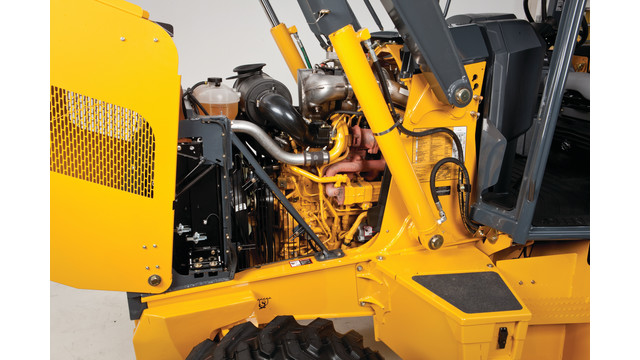Many operators and owners ignore the significance of their excavator especially mini excavators are treated as toys and not a contraction equipment. The fact is that even mini excavators regardless their diminutive size need maintenance like its large counterparts. Without proper maintenance, the machine will lose its ability to provide performance level needed at the jobsite. In addition, mini excavator’s service life reduces greatly.
An efficient machine can give contractors a good competitive advantage. Follow the manufacturer of the excavator’s recommended service intervals properly.
Failures due to overlooked maintenance
Track Tension
Several mini excavators include rubber tracks, which needs to be kept adjusted properly. This allows minimum wear on the rubber track and increases its longevity. A loose track will increase wear to rubber material causing pointless downtime. Traction motors, front idlers, and sprockets are track system components that too can suffer damages. Therefore check the track sag measurements regularly, according to manufacturer’s manual.
Grease
Grease is the lifeblood of bushings and pins. Operators need to identify each greasing point given in the manufacture’s manual. In addition, the grade and quantity of grease is even mentioned. If you have misplaced your manual then visit www.repairloader.com for a new one. If you have a single machine used by multiple operators then mark the less noticeable grease points and remind every user to perform this chore without fail.
Remember, under-greasing and over-greasing is problematic. Any extra is just waste and cause a lot of mess.
Gearbox
Propel drive gearbox gets covered in mud and is not visible, so the operators rarely notice them. Propel gearbox needs oil change at roughly 1,000 hour intervals. Some manufacture recommend at 1,500 to 3,000 hour interval. Generally, the oil is so burnt that it is unable to protect moving parts within. Gearboxes are small but expensive. Therefore make sure to change quickly, which is a small investment that can save you from huge replacement cost.
Hydraulic Oil
Hydraulic oil look clean but it breaks down, loses it gooeyness, and its ability to avert contaminants in suspension. This process helps to protect all movable parts in the hydraulic system. These systems are designed for specific tolerance. Majority of hydraulic failures are due to contaminated or wrong hydraulic oil.
Hydraulic oil even absorbs system moisture causing system components to rust. Hydraulic oil can trick you in believing that it is not contaminated and by the time it turns cloudy, its ability to protect the rotating group and housing gets lost. Hydraulic oil changes are recommended within an interval of 2,000 to 4,000 hours but machine differ, so check your service manual.
Record Keeping
Record keeping is time consuming and tedious, but keeping invoices and service records of filters, oils, and repairs updated can be valuable in future while assessing your evacuator’s service life. Eventually, when your machine life comes to an end, record keeping will help you to decide, whether to buy an evacuator from the same manufacturer or switch to another brand.
Even if an issue rises, accurate record proves to the manufacturer that you care for the equipment. It is essential, while handling warranty claims, especially when you own a fleet of excavators.
Above mentioned maintenance habits are cost-effective to ensure less downtime due to breakdown.




